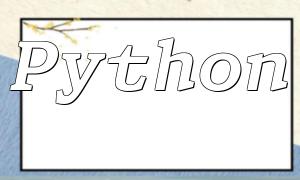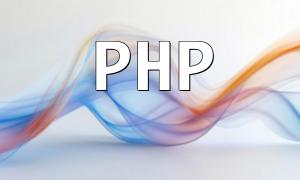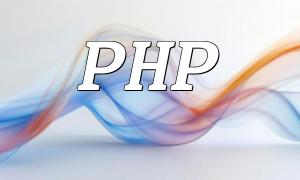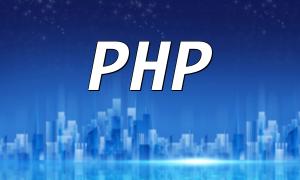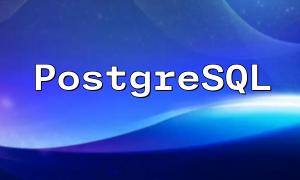JSON (JavaScript Object Notation) is a lightweight data exchange format widely used in PHP development. Here are some typical usage scenarios:
Sending and receiving data through HTTP requests or responses. In API development, JSON is commonly used as a data format to interact with other systems or components.
Converting data from databases to JSON format for easier display on web applications or mobile devices. JSON data can also be inserted into databases for persistent storage.
Using PHP's JSON functions to parse, encode, and decode JSON data. You can add, delete, or modify properties within JSON data for flexible data handling.
Sending JSON data to the browser for processing with JavaScript on the front end. You can also receive JSON data from the browser for form submissions or AJAX requests.
Serializing PHP objects into JSON strings for storage or transmission. JSON strings can also be deserialized into PHP objects for convenient use in code.
Storing application configuration settings in JSON files for easy loading and modification. Parsing JSON configuration files at runtime allows dynamic adjustments of program behavior.
Using JSON format to output error messages or debug information for easier reading and analysis. Test cases or assertions can also be stored in JSON files for automated testing.
These are the common scenarios for using JSON in PHP. Proper use of JSON can significantly improve data handling efficiency and system interactions.
